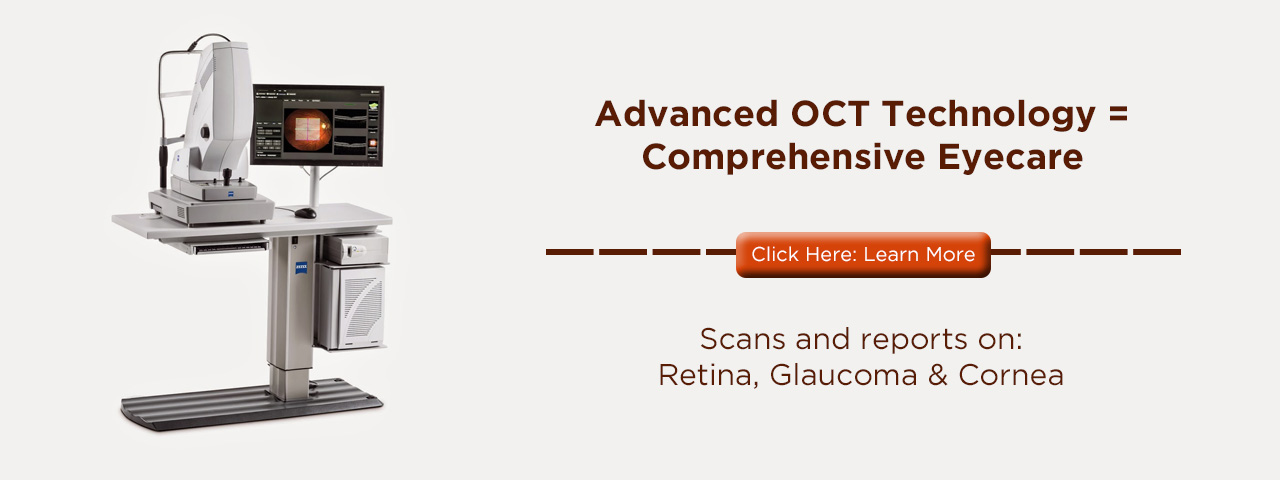April is Women's Eye Health and Safety Month.
The many stages of a woman's life can have an impact on her vision. Eye disease in women is increasingly common, more notably in older women. In fact, studies show that large numbers of women aged 40 and above have some degree of eyesight impairment, and may be in danger of developing conditions like cataracts, dry eye, glaucoma and diabetic retinopathy. It's worth noting that the chance of women developing vision loss has become more common because of women's increasing longevity.
As a woman, an important step you can take to ensure strong vision is to schedule a routine eye exam. Be sure to go have an extensive eye exam before reaching the age of 40, and that you don't forget to adhere to the care your eye care professional recommends. Additionally, know your family history, because your genetics are a key factor in comprehending, diagnosing and preventing eye conditions. Be sure to examine your family's medical history and inform your doctor of any diseases present themselves.
In addition, maintain a healthful, well-balanced diet and don't forget to include foods rich in zinc, omega-3 fats and beta carotene, all which help prevent eyesight loss due to eye disease. If possible, you should also buy vitamin A, riboflavin (vitamin B2) and vitamin C supplements, as they are all great starting points to maintaining optimal eye health.
If you smoke, make a decision to quit, as even second-hand smoke can raise the danger of eye disease and is a known cause of the macular degeneration that can come with aging (AMD) and cataracts. UV rays, which can also be a party to the development of cataracts and age-related macular degeneration, are extremely harmful to your eyes. When you go outside, and not just during the summer, be sure to put on complete UV blocking sunglasses and a wide brimmed hat to shield your eyes from the sun.
Hormonal shifts such as those that take place during pregnancy or menopause, can also affect your sight. Often, these changes can even make the use of contacts less effective or uncomfortable to wear. During pregnancy, you might want to shorten contact lens wearing time and adjust your eyeglass prescription as needed. It's recommended to schedule an appointment with your eye care professional during your pregnancy to discuss any eye or vision shifts you may be noticing.
There are also several measures to take to shield your eyes from household dangers, like cleaning supplies. Be sure that household chemicals, including cleaning agents, paints and pesticides are kept safely and properly, and are out of reach of small children. Wash your hands well after touching all chemicals and wear eye protection if employing the use of toxic chemicals. Wear proper safety goggles when repairing things at home, especially when working with potentially dangerous objects or power tools.
If used incorrectly, cosmetics might also be a safety hazard for your eyes. Particularly when it comes to eye makeup, never use anyone else's cosmetics. Try not to use old makeup and dispose of anything that's been open for more than about four months, particularly anything that's liquid based. Watch for any abnormal reactions and cease use immediately if you spot pain, itchiness or redness in or near the eyes. Be aware also that you might develop allergic reactions to products you've been using for years. And as a general rule, be sure to avoid touching the eye when using eye makeup.
Women need to be educated about the dangers and considerations when it comes to caring for your eyes. And also, it can't hurt to educate the other women in your life, such as daughters and friends, on the best ways to look after their eye and vision health.

